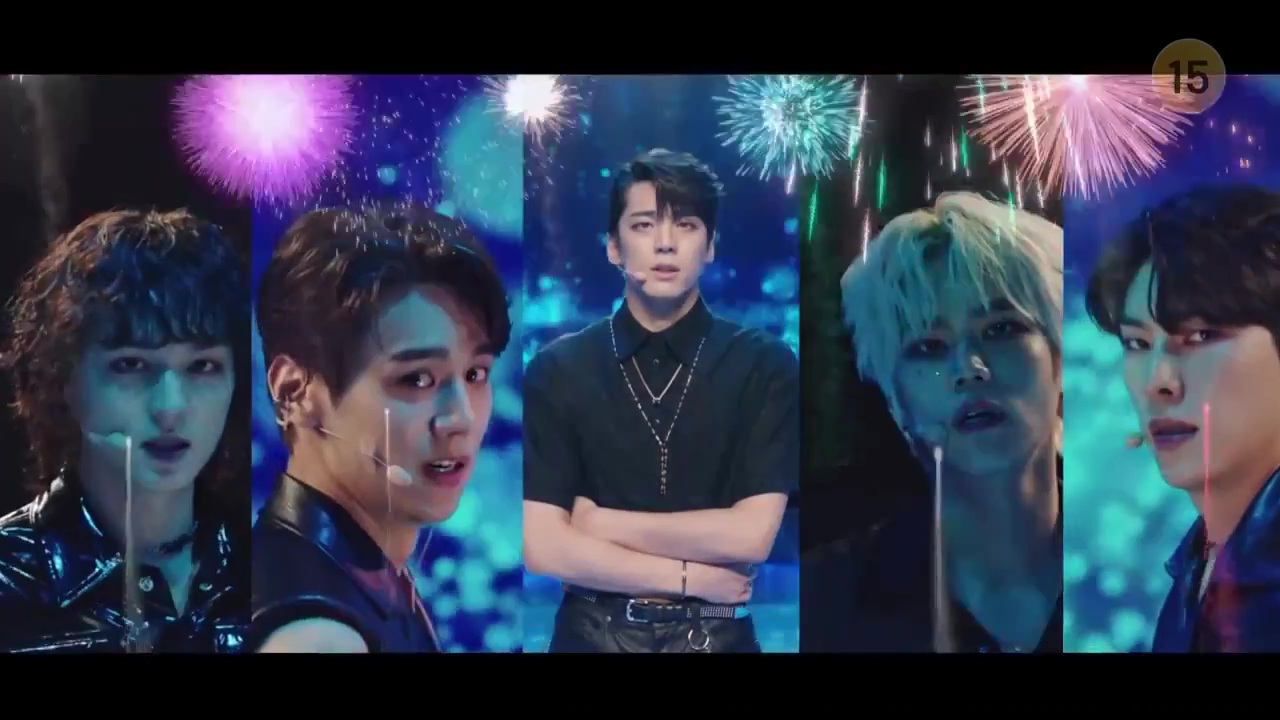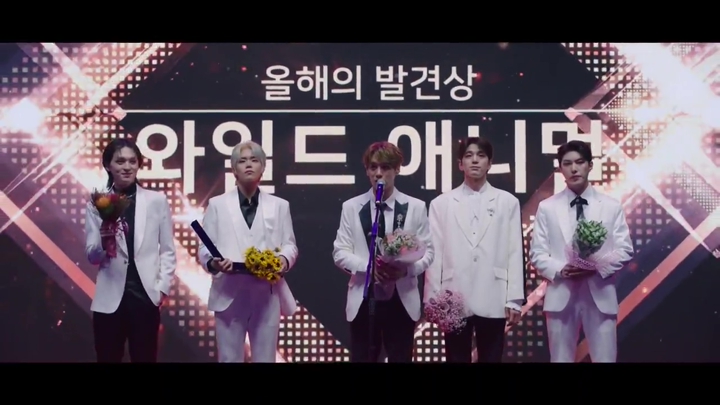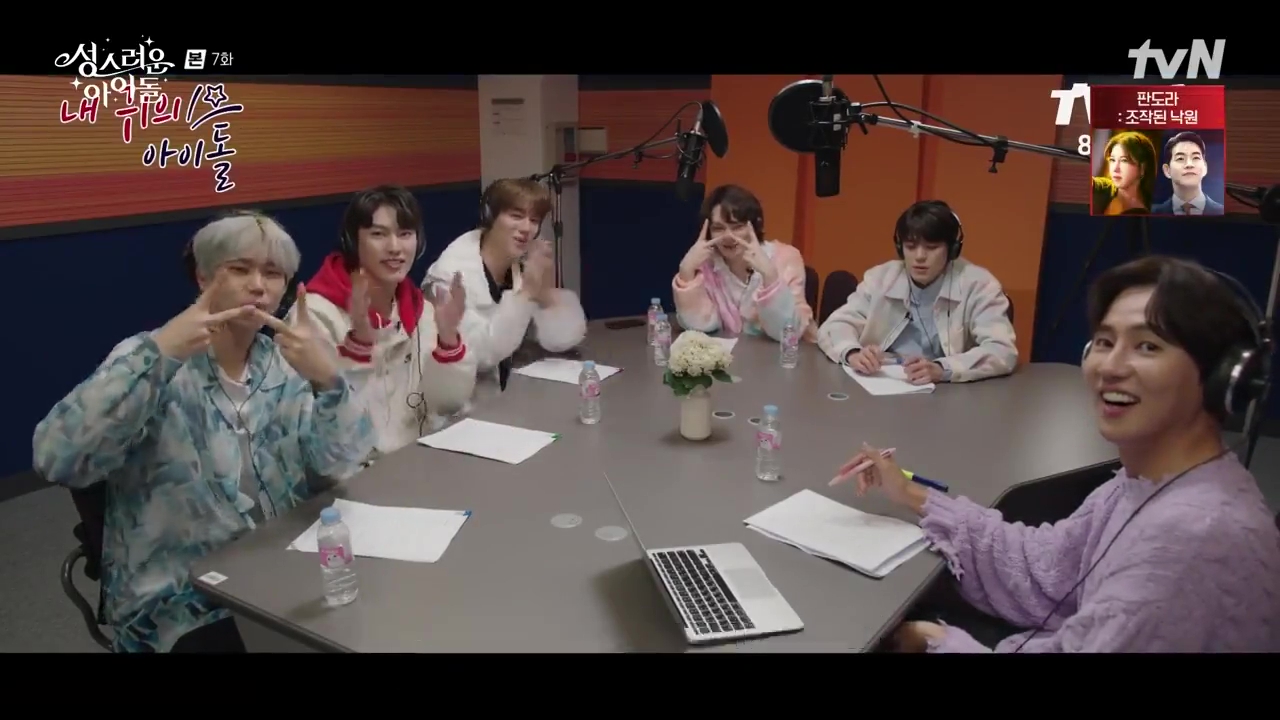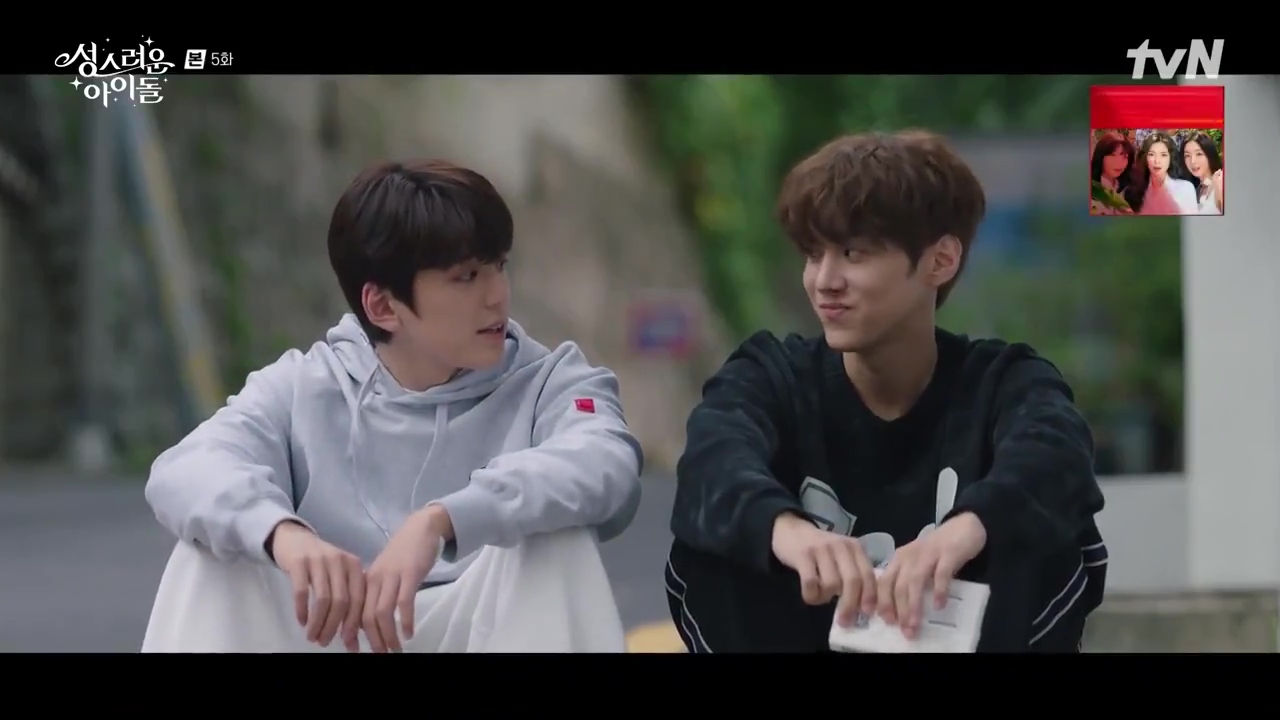[K-drama Lessons] Don’t look for real life, or real fandom
by Guest Beanie

By @gadis
One of the first lessons I learned from K-drama was that it was no good to watch a story that reflected my real life too closely. I came here for the escapism, after all. It wouldn’t do to run to dramaland only to find another group of people from an engineering background battling conflicts that I found common enough to my own life. Fortunately, dramaland didn’t deem engineer as one of the “sexy” career to explore. And so this particular lesson remained unneeded for years.
That was, up until I crossed path with Liar Game, where I was forced to drop it early on because the drama’s ruthless variety show reminded me too much of real-life show that I’ve enjoyed before. I re-learned my lesson that year, though with the term “real life” modified to include the lives I enjoyed vicariously through numerous media. I thought I was an expert at avoiding similar incidents, but then The Heavenly Idol hit me with the most galling realization: that sometimes the “real life” could be something embarrassingly shallow.
I came into The Heavenly Idol fully expecting the ridiculous show that it was. The drama did deliver that for the first few episodes. It was fun in the most absurd way possible, yet it also made surprisingly clever digs into the crappy things in K-pop we’ve been normalizing since forever ago. I mean, making a parallel between fans’ love for idols and the worship a pontifex needed to fuel his divine power? A no-name group escaping from being completely forgotten by a series of increasingly ludicrous scandals? Not to mention the full course of K-pop’s crazy reality: a pretend reality show with malicious editing, overdone and utterly age-inappropriate aegyo, the public’s obsession over exposed abs and on-stage sexy moves, and all the endless “shipping.” Unfortunately, I couldn’t help notice that this drama’s idea of idol world often came across as ridiculously implausible.

Wild Animal, the idol group in which our leading pontifex belonged, was supposed to be the ultimate underdog poster boy. They came from a small agency, were forgotten in the background for the last five years, and were free-falling towards disbandment. They were so desperate for any exposure that being cast in several variety shows as mere controversy fodder sounded like a once-in-a-lifetime opportunity. It should be easy to root for them to surprise everyone in the country, but that was when my knowledge of K-pop fandom made the glaringly nonsensical bits even more exasperating.
First, The Heavenly Idol never gave us a believable opponent for Wild Animal to beat in their quest towards popularity. Not AX’s Jung-shin, whose clichéd portrayal of an arrogant idol combined with the unfortunate styling didn’t inspire confidence in him being an idol, much less a popular one. And certainly not the newly risen Evil Boys, who came out of nowhere with the most dramatic story and faded away just as soon without any proper resolution. It clearly didn’t help matters that the villains of this drama kept turning these potentially interesting characters into boring demon-possessed pawns.
That bring me to the second problem: the noticeable lack of memorable song and dance routines that are usually part and parcel of an idol drama. Granted, the writer seemed to lean more to the heavenly side of the story (though with dubious success, given the whole blinded-by-love Evil One and the fake Seaweed deity business we had to deal with). However, we still needed real proof of these idols’ skills and abilities to be able to root for them or be properly convinced that Wild Animal did face tough rivals in their journey to success.

As if those weren’t problematic enough, there was also a considerable lack of exploration of the dynamic between the Wild Animal’s members. Instead of the friendly or even sibling-like interaction I’ve came to expect among group members, they felt more like workplace colleagues who barely tolerated one another. Yes, real life idols’ dynamics are tailor-designed to please the fans. But working and living together for five years would undoubtedly build some degree of genuine closeness just from the shared space alone — and this was largely absent for most of the show. I wish I could argue that it was a clever way to show how jaded and sick they’d become from constant failures, but there was no proper build-up for that potential angst. Especially not after the abrupt revelation about their closeness in the last leg of the show; it rendered this argument moot.
All of these reasons culminated in my inability to buy the boys’ happy ending as they won in the “Discovery of the Year” category. Maybe I wouldn’t be as salty if I wasn’t so familiar with real-life K-pop’s discovery narrative. Discovery means you looked back at a group’s discography and realized that you’ve missed a number of impossibly catchy songs, that you’ve somehow looked over great singing and dancing and rapping talents, and that you regret the past years where viewers were deprived of what this group could show them. All the things that were non-existent in Wild Animal’s narrative.
And so, all those shallow complaints added up, and the drama made for a very bizarre watching experience. I felt cheated on the meta hijinks and shenanigans this drama could have — and should have — brought us. But then again, I think it was rather apt that I was mostly disappointed for shallow reasons. I should have remembered by original lesson: don’t expect dramaland to imitate life — not even idol life.

RELATED POSTS
[K-drama Lessons] Don’t look for real life, or real fandom
Source: Buzz Pinay Daily
0 Comments